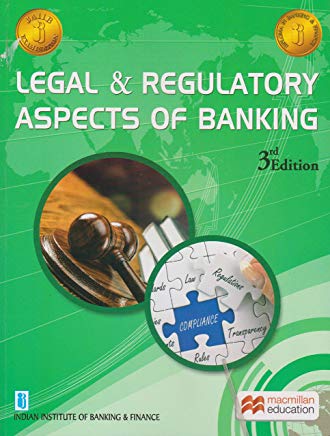JAIIB PPB Unit 3 - Retail Banking, ADR, GDR and PNs (Year: 2019)
1. Retail banking refers to dealing of commercial banks with individual customers, both assets and liabilities sides.
Products offered are:
SB, RD, CA, TDR, STDR, No Frill A/C, Home loan, auto loan, personal loan, education loan, crop loan, credit card, debit cards, lockers, bankassurance etc.
2. Wholesale banking aka corporate banking or commercial banking refers to doing banking business with industrial and business entities – mostly corporate and trading houses, including multinationals, domestic business houses and prime public sector companies.
Products offered are:
LC, BG, Collection of bills and documents, forex desk, tax collection, RTGS, term lending, etc.
3. International banking refers to dealing in cross border transaction.
4. Universal banking offers all types of financial products like mutual fund, capital market related products including share broking, commodity broking, etc, sale of gold/bullion, government/corporate bonds, merchant banking, general banking, insurance (both life and non-life), etc under one roof.
5. A depository receipt (DR) is a form of negotiable (transferable) financial instrument that is traded on a local stock exchange of a country but represents a security, usually in the form of equity that is issued by a foreign publicly listed company.
6. Participatory Notes are like contract notes. They are issued by FII to entities that want to invest in the Indian stock market but do not want to register themselves with the SEBI.
7. FII are not allowed to issue Participatory notes to Indian national or overseas corporate bodies (because majority are owned/controlled by NRIs).
JAIIB Study Material
| JAIIB Paper 1 Study Material |
| JAIIB Paper 2 Study Material |
| JAIIB Paper 3 Study Material |


